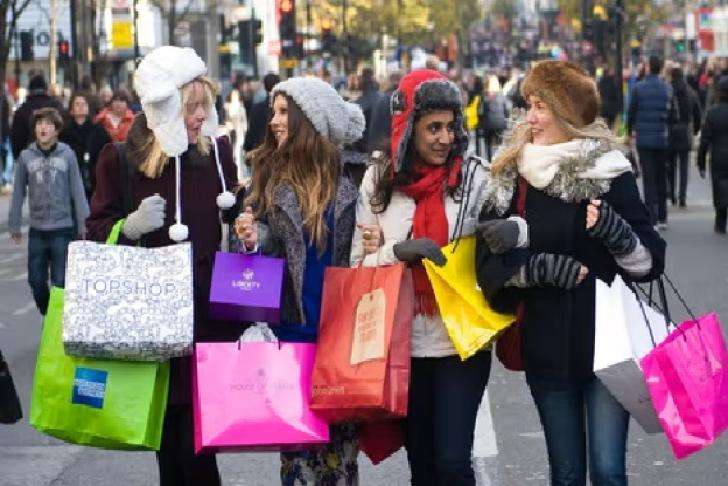Shopping in London is no longer a favoured destination for consumers, primarily due to tax shopping. Rather, citizens of non-EU nations are travelling to Paris, Milan, and Madrid at an increasing rate, particularly since the UK eliminated duty-free shopping after Brexit.
In 2019, 162,000 visitors needed reimbursement for VAT sales tax in the UK. As of right now, 25% of those visitors are utilising refunds in the EU, where the tax incentive is still in place.
Given that they are neither citizens nor residents of the EU, the tax break allows tourists to get a return of the money they paid for the services they received.
Brexit Prompts Increased Spending for Foreign Tourists to EU
According to Global Blue, a Switzerland-based tax rebate provider, tourists are spending more money in the EU, with some 34,000 tourists spending an average of €3,800 per person in 2023, up by 31 per cent compared to 2019 when spending was €2,900 per person.
The two countries with the highest share of foreign spenders are France and Italy, with two-thirds of those visiting the EU for shopping purposes, spending their money here. Spain’s retail sector is also witnessing a surge.
The continued absence of a tax-free scheme is certainly impacting international sales at Selfridges.
---
Andrew Keith, Chief Executive Officer of the Chain of Upmarket UK Department Stores
UK’s Lack of Initiative to Bring Back Tax Break Post-Brexit Is Affecting Living Costs
New West End Company, a lobby group representing London as a tourist destination, claims that the resistance to bring back the tax break after 2020, has cost the city much more expensive living costs.
The Office for Budget Responsibility (OBR), which is a government spending watchdog, was commissioned for an independent analysis in 2020 and 2024. The authority estimates that €537 million will benefit the public finances from last year, as the Economic Times reports.
Data from Global Blue reveals that the majority of spenders come from countries in the Middle East, representing 33 per cent of the total, followed by Americans (19 per cent). On the other hand, Chinese shoppers, who used to be top spenders, have been affected by the COVID-19 pandemic, as their numbers are less than half of those recorded pre-outbreak of Coronavirus.
Last year, luxury and fashion brands in London called on the government to bring back the tax break, warning of shoppers drifting away to the EU. The measure has cost losses in businesses as well as caused some retailers to close some of their stores. The non-EU shoppers in the UK are required to pay a 20 per cent tax for items purchased in the country.

_7.jpg)

_8.jpg)




.svg)


